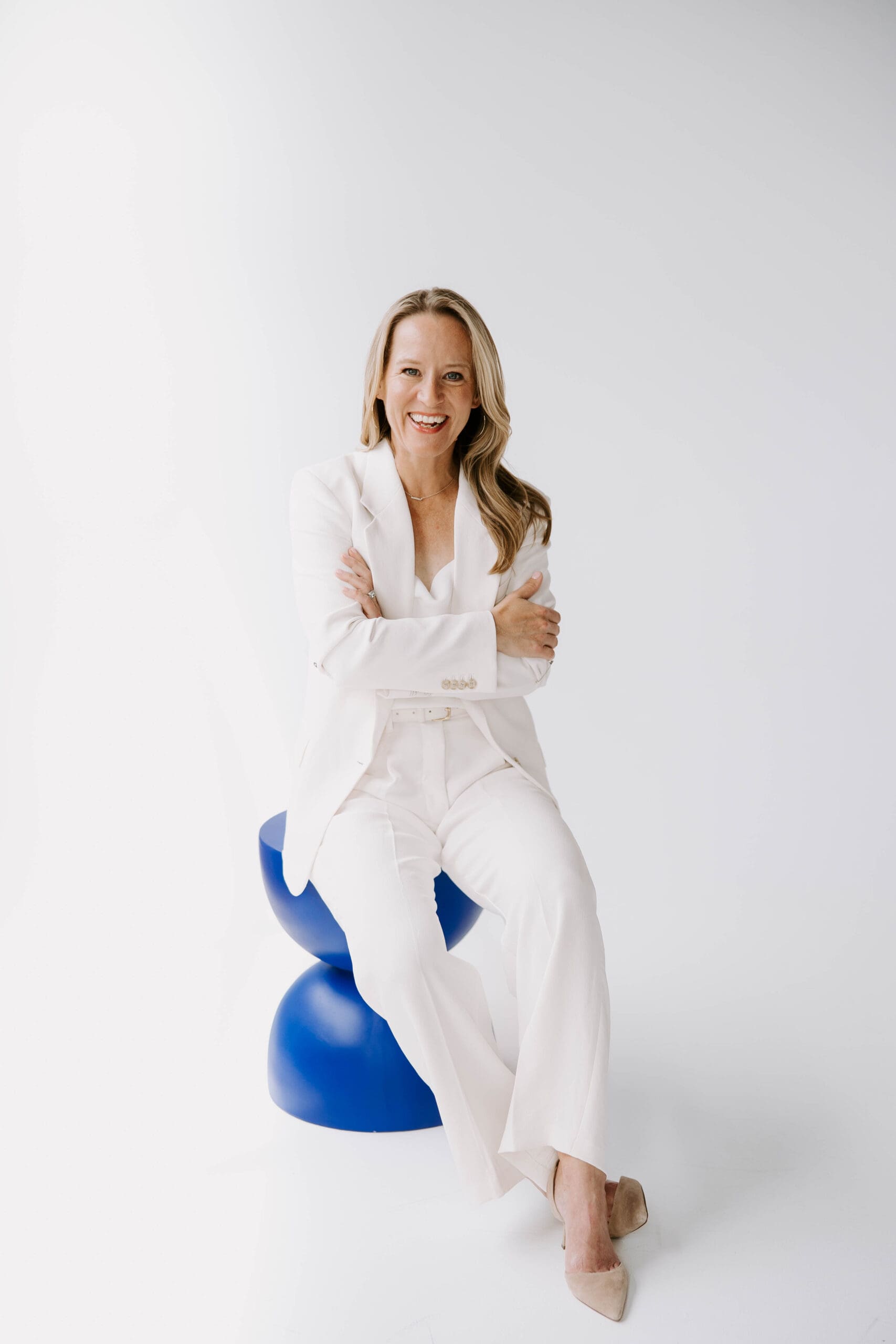I’m coaching a powerhouse founder/CEO.
She’s done it all.
Scaled the mountain—literally and metaphorically.
She’s pulled all-nighters, raised rounds, rebuilt teams, and carried the weight of the business on her back.
And now?
Things are working.
The company is healthy.
The team is thriving.
She’s hiking in the middle of the day—not to escape, but because she actually can.
And she’s freaking out.
When Things Get Good… We Panic
This is a textbook Upper Limit Problem, straight out of Gay Hendricks’ The Big Leap.
When things start to feel easier, more joyful, or more aligned than we’re used to, a hidden alarm goes off inside us.
It whispers:
“This can’t be right.”
“You haven’t earned this.”
“Don’t get too comfortable.”
In our culture, we’re taught that struggle = value.
Hard work is moral. Hustle is holy.
So when success starts to feel…easeful? Energizing? Even fun?
We start scanning for something to fix.
We question our worth.
We unconsciously find ways to dial the thermostat back down to our “familiar” level of pressure, chaos, or stress.
That’s the Upper Limit Problem at work.
Why We Self-Sabotage: 4 Root Causes
According to Hendricks, most of us hit our upper limit due to one (or more) of these four unconscious beliefs:
1. Feeling Fundamentally Flawed
At a deep level, you may believe you’re not worthy of success, love, or abundance. So when things go well, you find a way to knock yourself back down—because thriving feels incompatible with how you see yourself.
2. Disloyalty and Abandonment
You worry that if you soar too high, you’ll leave others behind. Maybe your family never had money. Maybe your friends are still grinding. Subconsciously, success starts to feel like a betrayal.
3. Believing More Success Brings a Bigger Burden
You fear that if you reach new levels of success, you’ll have to work even harder, sacrifice even more, or lose what matters. So your system resists ease—because you assume what follows is unsustainable pressure.
4. Outshining
This one often traces back to childhood: dimming your light so others won’t feel small. As an adult, it shows up when you unconsciously limit your success to avoid outshining a sibling, parent, or partner.
Sound familiar?
The Truth About Ease
What if the very thing you’re resisting is the clearest signal you’re in your Zone of Genius?
That’s what I reminded my client.
When she’s creating from her sweet spot—where her experience, energy, and intuition align—work doesn’t feel like work.
It feels energizing.
Expansive.
Even fun.
That’s not cheating.
That’s flow.
So here’s a reframe:
Let ease be your compass, not your red flag.
Try This: Three Questions to Spot Your ZOG
- Where in your life or work does it feel easy right now—and you’re downplaying it?
- What do people keep thanking you for that you brush off because “it’s not a big deal”?
- If you let go of the belief that “it has to be hard to matter,” what would you do differently this week?
Identifying your Zone of Genius can be surprisingly tricky—mostly because you’re often too close to see it. It hides in the things that come so naturally you don’t think they count.
Want some help spotting yours?
Click here for resources to explore your ZOG. (← add link to your worksheet, quiz, or free guide)
Let it be easy. That’s not lazy. That’s aligned.
